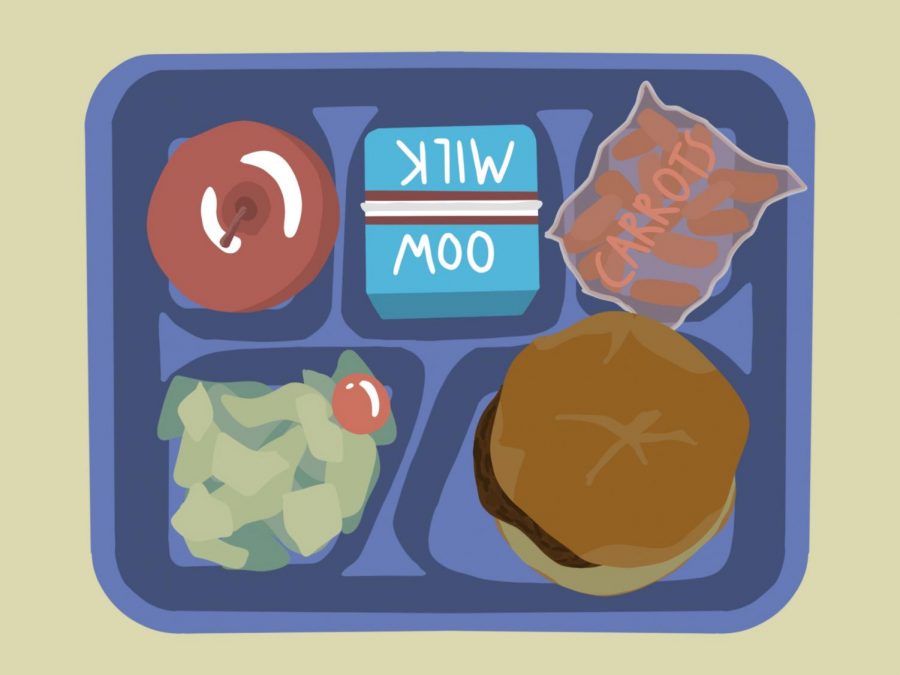A summer filled with relaxing beach vacations, late night hangouts with your loved ones, and playing the sports you love? What about a summer locked up in your room doing homework?
Reading, writing, and summer, are things that some say shouldn’t mix yet these things make up summer homework. For years in certain classes, students in the Leyden District and all over America have been assigned homework over the summer. Some students are against these assignments while teachers and admin feel it helps to keep students’ brains active. Normally, students go on summer break responsibility free, but for certain classes homework, like readings and writings, are assigned over the summer to students. Whatever is assigned is due at the beginning of the school year and is taken in as their first grade.
Some people think that summer homework is pointless and shouldn’t be assigned. Gilmarie Carrion, a sophomore in English 2, says, “It’s supposed to keep our brain working during the summer, but I don’t think it does. I feel like people don’t really look at it until the last week of summer and most of the kids don’t do it.” Which brings up the question on how effective summer homework is and if it should be implemented.
Other factors also influenced her opinion: “I think it impacts mental health because it puts extra pressure on kids when it’s supposed to be a time to relax and have a break. That’s why it might cause extra stress during a time where you don’t need any,” added Gilmarie.
Senior Leonardo Marquez, states, “I don’t like summer homework at all. I think that we work enough during the school year and that we should have our summers to ourselves to focus on working on things that are more important to us.”
The following research from “Shaping Summer Time Experiences” agrees with these students because, “It shows that summer break can have a positive impact on student mental health. Their data shows fewer mental health-related emergency visits in the summer than in other seasons. Specifically, data from more than 20,000 children under age 17 document decreased presentations to emergency departments in urban and rural areas for mental illness, substance use, or self-harm in the summer”(Fritchen). This suggests that when students are faced with less academic pressure, their mental health improves. Therefore these perspectives support that some people believe summer homework causes unnecessary pressure on students during a time where they’re supposed to be on break.
Yet others believe that summer homework is beneficial to students and should be implemented into their break. Mrs. Macumber, an English teacher at West Leyden said, “It helps to prevent what we call the summer slide, which is a decline in the skills that you’ve worked to really refine throughout the last school year. And it’s just kind of like when you work out, if you don’t work out all the time, your muscles start to atrophy a little bit. And it’s the same thing with your brain and with the skills that you learn if you don’t continually practice and build on them, you kind of lose a little bit,” Yet Mrs. Macumber also argues for the following compromise on summer homework: “Maybe letting them pick from a list of books, a couple books that you’d be interested in reading, or, you know, writing about some things that you’re interested in. Or researching some things that somehow connect back to one of your interests or one of your strengths, so that you find some value in it.”
Daniel Domagalski, a junior at West Leyden explains, “I think it’s good because it helps to keep some of your good habits. And because you did some homework, your teacher is able to start teaching instead of wasting the first day,” which highlights what some believe are potential benefits that summer homework brings.
A recent study revolving around summer learning loss found that “Achievement typically slows or declines over the summer months, declines tend to be steeper for math than for reading, and the extent (proportionally) of loss increases in the upper grades” (Kuhfeld) and (Tarasawa). This shows the major learning losses that take place during the summer. Ultimately showing why some believe that summer learning loss is real, and how summer homework combats it.
As the school years go by it seems that summer homework isn’t going anywhere and continues to be relevant. With students complaining about summer homework, and teachers assigning it, this battle still continues. Maybe in future years, a final compromise may arise.
Sources:
Fritchen, Katie. “Why Is Summer Break Good for Students’ Mental Health.” Manage Methods, 11 July 2024, managedmethods.com/blog/why-is-summer-break-good-for-students-mental-health/#:~:text=Their%20data%20shows%20fewer%20mental,self%2Dharm%20in%20the%20summer. Accessed 30 Nov. 2024.
Kuhfeld, Megan, and Beth Tarasawa. “Collaboritive for Student Growth.” NWEA, Apr. 2020, www.nwea.org/uploads/2020/04/Collaborative-Brief_Covid19-Slide-APR20.pdf. Accessed 30 Nov. 2024.















